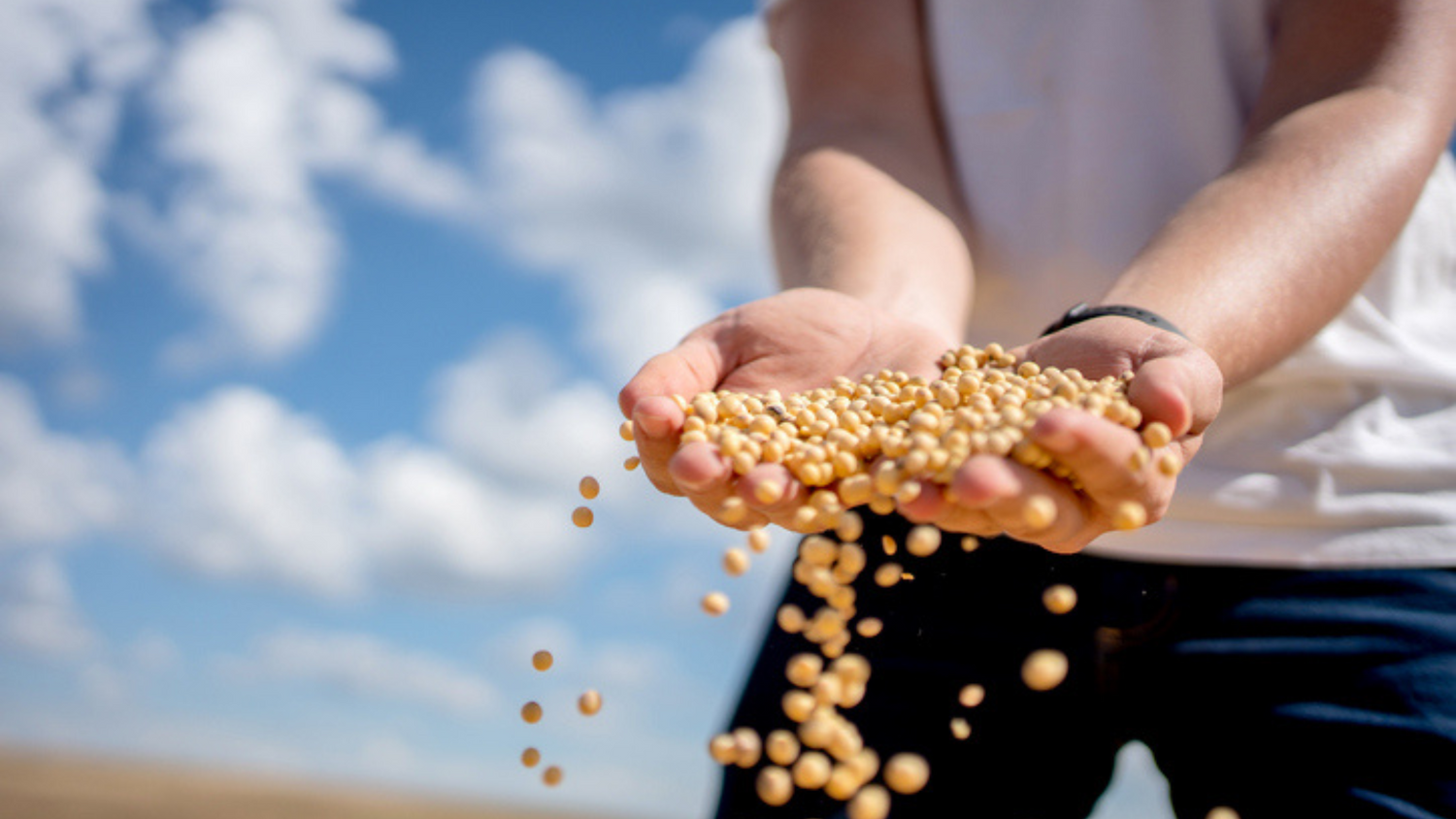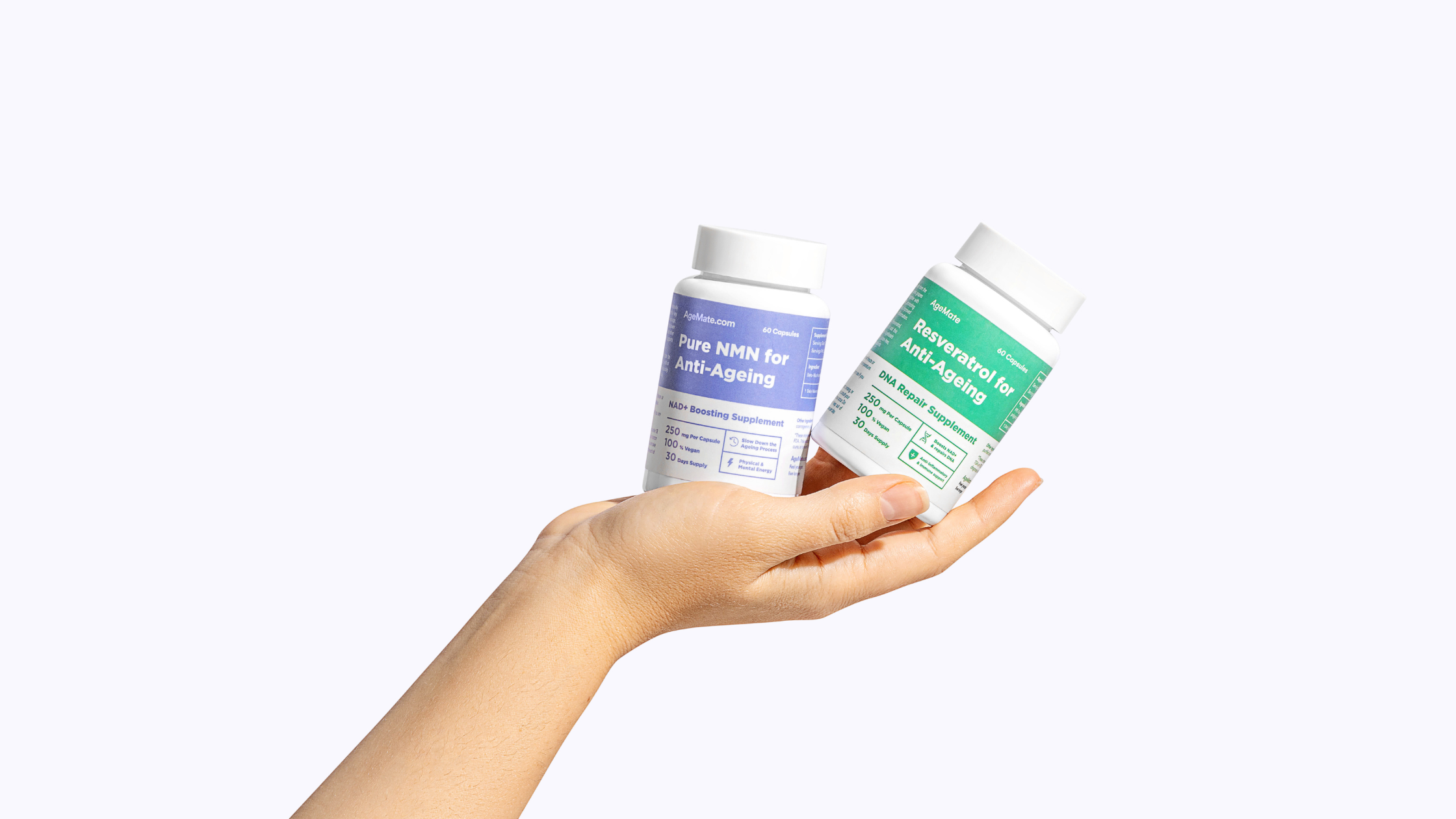In recent years, the consumption of soy and soy-based products has sparked a debate within health and nutrition circles, particularly regarding its effects on male health. As a versatile and protein-rich food, soy is a staple in many diets worldwide.
However, its purported links to hormonal imbalances in men have raised questions and concerns. In this blog, you will delve into the evidence surrounding soy, its impact on male hormones, and the truth behind the headlines.
What Is Soy?
Soybeans are a type of legume native to East Asia, widely consumed for their high protein content, vitamins, and minerals. They're processed into various food items, including tofu, soy milk, and soy protein isolates.
Soy also contains isoflavones, a class of compounds that can mimic estrogen, the primary female sex hormone. This estrogen-like activity has been the root of many concerns regarding soy's safety for men (R).
Why Is Soy Bad for Males?
The main argument against soy consumption for men stems from the isoflavones it contains. Critics argue that these compounds could potentially disrupt male hormonal balance by increasing estrogen levels and decreasing testosterone levels.
The idea that estrogen negatively affects testosterone levels in men stems from a basic understanding of the hormonal regulatory mechanisms in the human body, particularly the hypothalamic-pituitary-gonadal (HPG) axis, which controls the production and regulation of sex hormones.
Many believe this imbalance can lead to various health issues. Concerns include fertility problems, breast development (gynecomastia), and compromised masculinity (R).
How Much Estrogen is in Soy?
Isoflavones in soy can exhibit estrogen-like activity but it's important to clarify that they are not estrogen. Their impact on the body is much weaker compared to human estrogen. The actual estrogenic effect of soy isoflavones on the male body is significantly lower than the fear-inducing claims suggest.
To put this into perspective, consuming soy products introduces phytoestrogens into the body, not estrogen. The body's estrogen, such as estradiol, is significantly more potent than phytoestrogens.
The effect of phytoestrogens is much weaker compared to the body's own estrogen. For instance, the estrogenic effect of isoflavones is estimated to be 1/1000th to 1/10000th of estradiol's potency. So, to then answer the common question….
Does Soy Milk Contain Estrogen?

Can Soy Lower Testosterone?
Several studies have investigated the relationship between soy consumption and testosterone levels in men. The majority of this research indicates that soy does not significantly affect the testosterone levels in men.
A comprehensive review of clinical studies found no conclusive evidence that soy intake affects the concentrations of testosterone in males (R). With that cleared up, men often continue to show concern when consuming particular soy based products. Let's clear up some fallacies.
Is Tofu Bad for Men?
Is Soy Protein Bad for Men?
Current Research on is Soy Safe for Men
The current research suggests that soy consumption does not have adverse effects on men's hormonal health and may even provide certain health benefits:
Conclusion
In conclusion, to answer the question, is soy safe for men? From current understandings, yes it is. The majority of the evidence suggests that soy consumption does not adversely affect men's hormonal health and may offer benefits in reducing prostate cancer risk and improving cardiovascular health. However, the impact on endothelial function in men may require further research for a comprehensive understanding.





